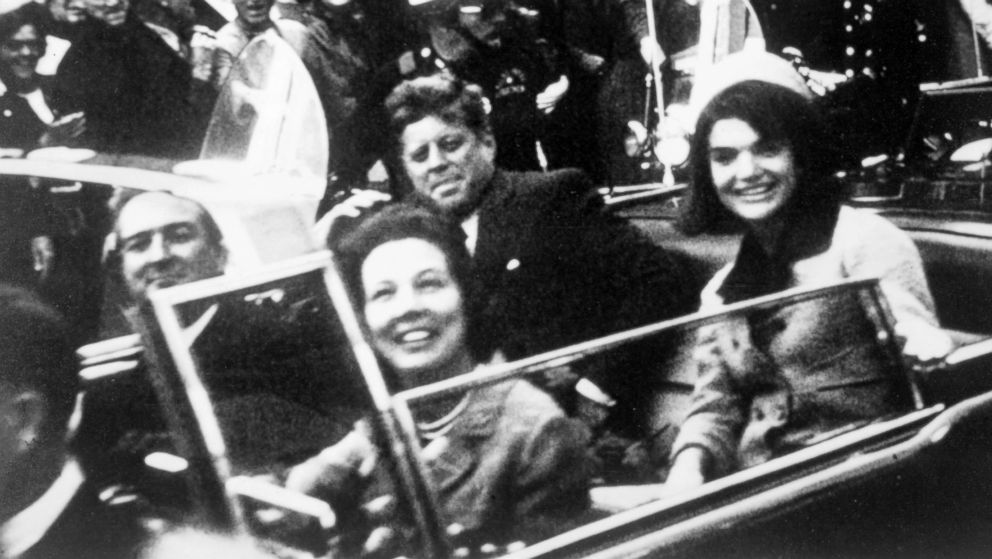JFK's Injury Would Still Be Fatal Today
A bullet destroyed the president's brain, his surgeon says.

Nov. 19, 2013— -- The gunshot wound that killed John F. Kennedy would still be fatal today, according to a surgeon who witnessed the president's final breaths.
"With half of his brain gone and his cerebellum falling out, there's no way he could have survived then or now," said Dr. Robert McClelland, professor emeritus at the University of Texas Southwestern Medical Center in Dallas.
McClelland, 83, was a general surgeon at Parkland Memorial Hospital when Kennedy arrived with an elevator-full of secret service men and his frantic wife, Jacqueline. The president was alive at the time. His pulse still sending waves across an electrocardiogram monitor wired to his chest.
"He was even making gasping attempts to breathe," said McClelland, who turned 34 two days before the assassination on Nov. 22, 1963.
Standing over the president's gurney in trauma room 1, McClelland saw firsthand the extent of Kennedy's injuries.
"I could actually look down inside his skull," he said, recalling how the back of the president's right cerebral hemisphere was "completely missing." Kennedy's cerebellum -- the fist-sized lobe at the back of the brain that controls balance -- was initially intact, but soon "fell out of the gaping hole in his skull" onto the gurney.
"He had an absolutely fatal injury," McClelland said.
Kennedy's heart kept pumping for 10 minutes after he arrived at trauma room 1, according to McClelland.
"The heart pretty much works on its own," he said, explaining how the "intrinsically activated" organ can keep pumping without much input from the brain. "Breathing, of course, is more dependent. But [Kennedy] had enough of the lower part of his brain. The brainstem and medulla above the spinal cord was intact enough for him still make attempts to breathe."
Kennedy was pronounced dead at 1 p.m. CST, 30 minutes after he was shot.




